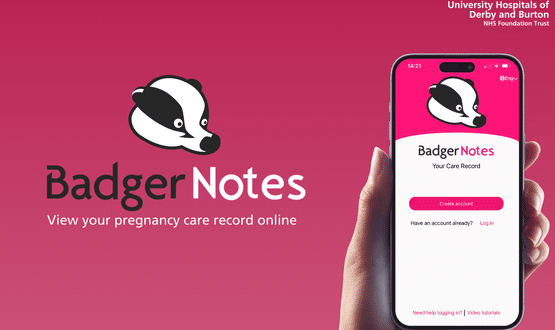Open Source: ‘A Frenzy of Consolidation?’
- 21 May 2003
This week E-Health Insider launches a new ‘Open Source’ column for anyone interested in healthcare IT to voice their opinion. In this first article Phil Birchall, healthcare business development manager at InterSystems, comments on consolidation among healthcare IT suppliers in light of the Torex acquisition of Protos last week.
As we move closer to the final shortlists for Local Service Providers (LSPs) and National Application Service Providers (NASPs) we have all been intrigued by the frantic partnering that has led to the formation of some innovative and sometimes incredible LSP/NASP Consortia. But at the same time, it would be easy to overlook another phenomenon that will prove to have an equally significant impact on the success of the National Programme.
Last week’s announcement by Torex that it is to acquire Protos the maternity IT systems provider for £1.45million is a case in point.
Over the last few years there has been massive consolidation of healthcare solutions into the ownership of a very small number of commercial organisations. As a supplier of technology to many healthcare solutions, InterSystems has been in a unique position to observe this consolidation.
So, the landscape has fundamentally changed. Although it is true to say that the NHS has thousands of different applications, the reality is that only a few have attained significant market share. More importantly, in such as close-knit supplier community, there is a good understanding of this fact. And today, those widely-deployed, successful applications have been consolidated in to the hands of small number of suppliers who fully understand their value.
As a result of this consolidation, the weaker and less useful applications can be allowed to perish and the owning suppliers can focus on ensuring that the remaining "stars" are fit to play a positive role in the future. So, even before a single LSP has been appointed, the existing supplier community has already put itself through a process of evolution which should significantly help the National Programme.
All of this makes for an interesting time ahead for the LSP. New solutions must be presented to meet the specifications set down by National Programme. But this will be against a background of a greatly consolidated installed base of valuable operational solutions.
LSP’s will no doubt be appreciative of this "helping-hand" from the incumbent solution providers. Now their challenge will be to propose new solutions that can demonstrably add-value to the useful assets already in the market. All of this is certainly leading to some interesting dialogues between the LSP candidates and the incumbent suppliers.
The sandpit should be an interesting place to be in the coming months!
‘Open Source’ is open to anyone interested in healthcare IT who would like to voice an opinion. Rules: no plugging of products; must express an opinion; no more than 700 words; may be edited. Email:jon@e-health-media.com




